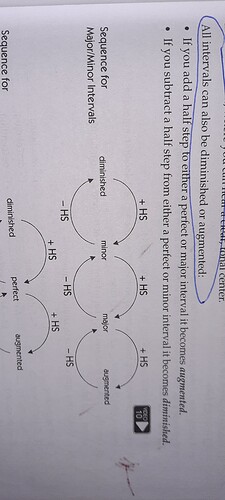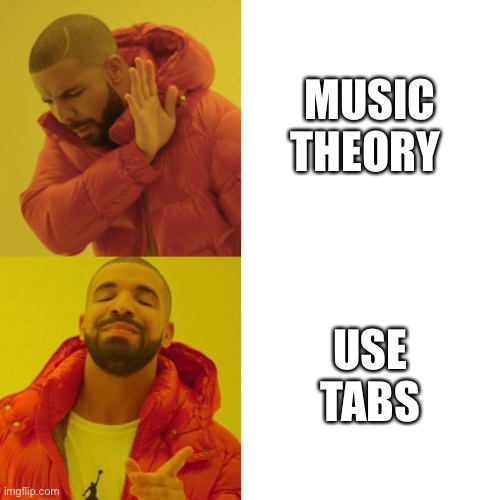I can totally relate to your frustration, but we need all these interval names in order to maintain an internally consistent system.
First off, in order to do the “math”, your smallest unit needs to be a “1/2” instead of a “1”. I.e., your currency are “half steps”.
Second, the way we have to name intervals is ALL dependent on context.
Let’s say you were asked to construct the major triad over C#. Now, the “rule” for constructing major triads is to find a major third and then put a minor third on top of that. OK, the major third from C# is E# and the minor third from E# is G#, and thus the triad becomes C# - E# - G#.
Well, you could say E# is enharmonically equivalent to F, so why not say C# - F - G#. But, in this context, enharmonic equivalence is not relevant at all (it is really just a practically useful convention). Seeing C# - F - G#, you would probably no longer immediately “see” that it is supposed to be a major triad over C#. Also, the interval C# - F is NOT a major third, it is a… diminished fourth (which is not part of the “algorithm” to construct a major triad). Let’s come back to why this is a diminished fourth in a second.
While C - E# and C - F sound the same, they are not the same when talking about intervals and relationships between notes. Yes, if you go and find the E# on a keyboard or your bass, you will find it where the F is, but that is just because we have agreed (a while ago) to have E# and F sound the same. They could (and used to) have different frequencies, and on a fretless bass you could intonate/play them slightly different, but that is no longer possible on a keyboard or fretted instrument (and thank goodness for that, otherwise we would have to re-tune the entire piano every time you switch from a piece in C#major to a piece in dminor and so on).
So, it depends on context, and this is why we have different interval names for note differences that sound the same.
Let’s look at all the possible intervals (and let’s just focus on ascending intervals):
C - C that is unison, or, better, called a prime
C - C# is still a prime because it still describes the relation between the base notes of C and C, but one of the Cs has been sharpened, and hence this is now an augmented prime.
C - Db OK, you’d say this is the same as C - C# (because Db and C# are enharmonically equivalent), but as to my argument above this is not relevant here. So, we are looking at a relation between the base notes of C to D, where the D has been flattened. C to D would be some flavor of a second, so this must be a minor second
C - D is a major second
C - D# is an augmented second
C - Eb is a minor third (see how this works??!!)
C - E is a major third
C - E# is an augmented third
C - Fb is a diminished fourth
and so on!
What about more esoteric stuff like C - Ebb (E double flat) - this is, first of all, describing the relation between C and E, so a third of some kind; it can’t be a minor third (that would be C - Eb), so it must be a diminished third, which just happens to sound like a major second (C-D)
Again, the context will dictate that you need to write Ebb and cannot write D. You would in fact lose (musical) information if you wrote a D here.
To try a language analogy, the words “might” and “mite” sound the same, but they are certainly not the same.
Or, if you had to read “he is a kewl guy”, you’d be thrown off initially in your attempt to decode the word “kewl” and what it might mean. If you asked Siri to pronounce this to you, given her pronunciation algorithms, you’d probably hear “he is a cool guy” and not think more about it. That is the equivalent to the C# - E# - G# and C# - F - G# discussion above.
Sorry for the long post - hope this clarifies a few things!?! 
PS: sorry forgot to answer your initial questions: G - G# is NOT a second, it is an augmented prime.
G - Ab is a minor second
G - A is a major second
G - Abb is a diminished second, which indeed sounds like G - G; again, there might be reasons (depending on context) why you’d have to write a Abb instead of a second G. I would say that is likely a rare occasion, but it might occur, which is why the system has provided a name for it 




